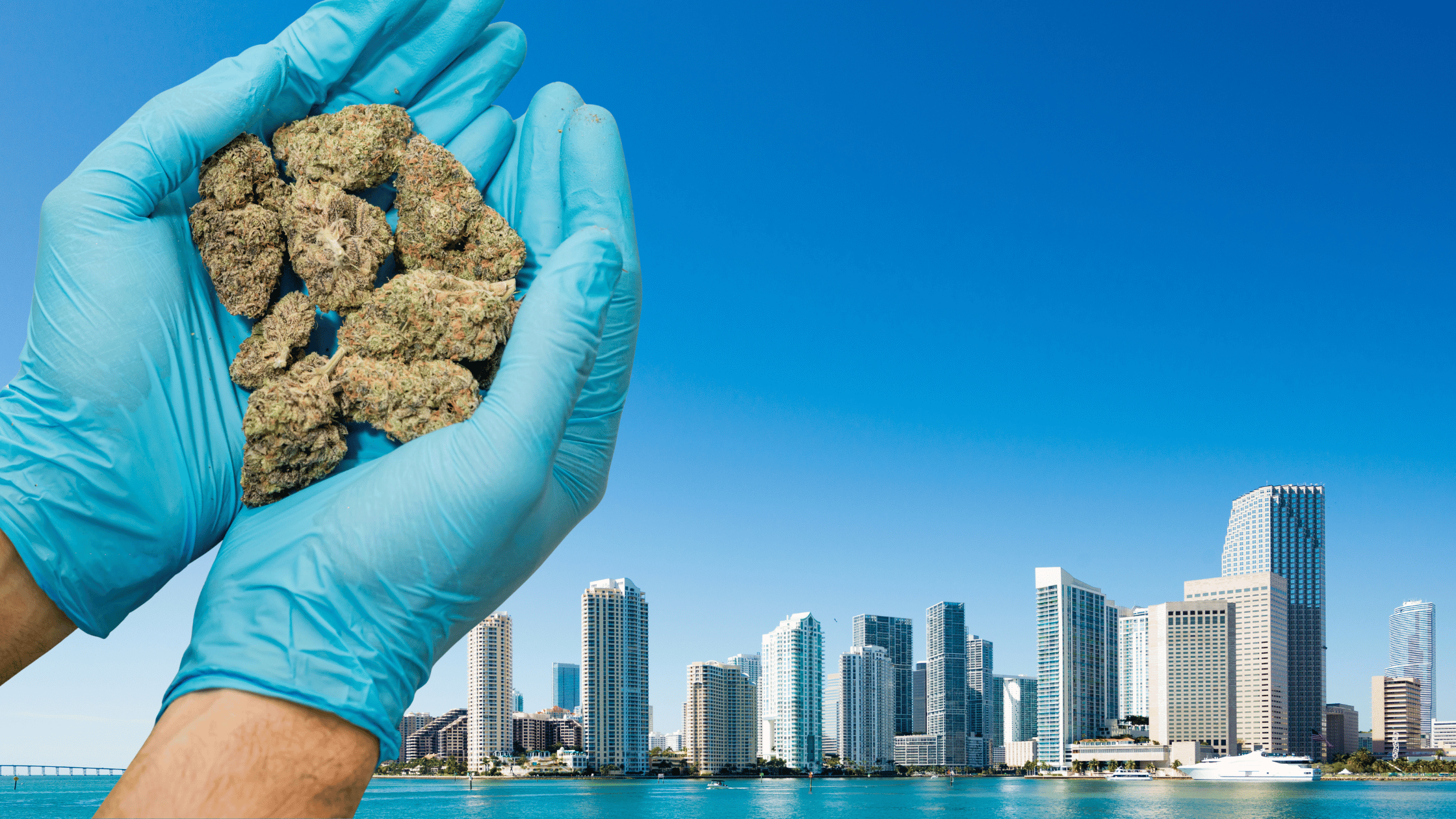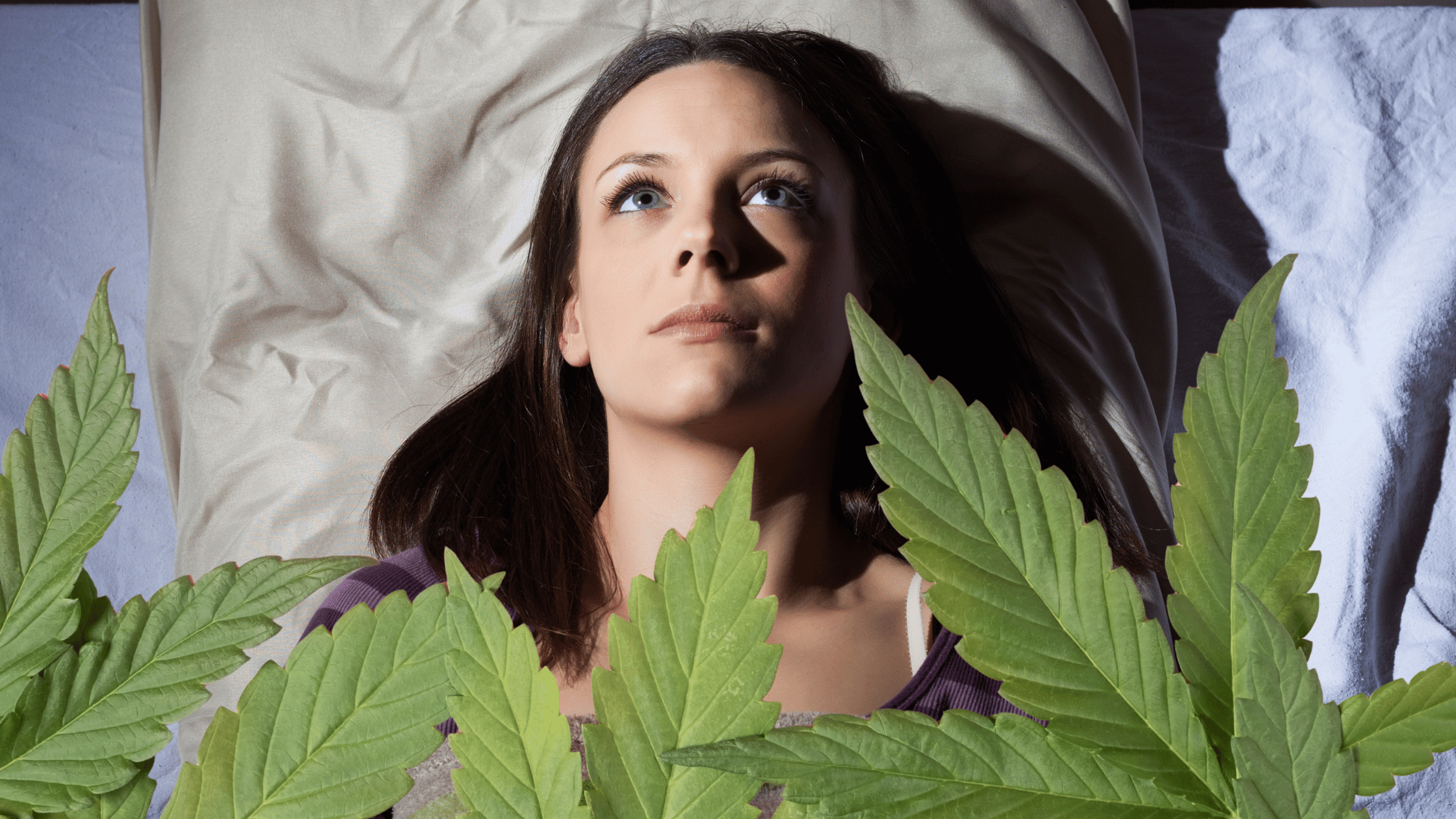
Medical Marijuana is increasingly being considered as a potential treatment for severe migraines. Cannabis has analgesic properties, which can help alleviate the intense pain associated with migraines. Migraines are often linked with inflammation. Certain cannabinoids in marijuana, such as CBD, have anti-inflammatory properties. Cannabis can help reduce nausea, a common symptom during migraine attacks. It can help relax tense muscles that might contribute to or exacerbate migraine pain.
Cannabis interacts with the Endocannabinoid System (ECS), which plays a role in pain regulation. Cannabinoids like THC and CBD bind to ECS receptors, potentially reducing inflammation and pain perception. Cannabinoids have been shown to have anti-inflammatory effects, which may help reduce the inflammation that can contribute to migraines. Cannabis influences neurotransmitter release, helping to modulate the neural pathways involved in migraine development.
THC (Tetrahydrocannabinol) is the psychoactive component of cannabis that helps with pain relief and relaxation. CBD (Cannabidiol) is a non-psychoactive component that has anti-inflammatory and analgesic properties. Balanced THC/CBD Products can provide the benefits of both components while minimizing the psychoactive effects of THC and providing almost instant relief of migraines.
Research on the effectiveness of medical marijuana for migraines is still in the early stages, but some studies and anecdotal evidence suggest it can be beneficial for some individuals. More clinical trials are needed to establish definitive efficacy and safety profiles.
Research on the use of marijuana for treating migraines is still in its early stages, but it shows promising potential. Here’s a summary of key findings from various studies and research efforts:
Key Studies and Findings
2016 Study by the University of Colorado
– Findings: A retrospective analysis of 121 adult migraine patients using medical marijuana found that 85% reported a reduction in migraine frequency. The average number of migraines per month decreased from 10.4 to 4.6.
– Method of Use: Inhaled marijuana was reported to provide the fastest relief from acute migraines, while edibles were used for prophylactic purposes.
2017 Study Published in “Cannabis and Cannabinoid Research”
– Findings: This study found that medical cannabis users experienced significant reductions in headache and migraine frequency. The study also noted that patients using medical cannabis had improved quality of life.
– Details: The research emphasized the need for controlled clinical trials to better understand the optimal dosages and strains.
2019 Study in the “Journal of Pain”
– Findings: This large-scale survey indicated that inhaled cannabis reduced headache severity by nearly 50%. Patients reported significant reductions in headache and migraine pain after using cannabis.
– Caveat: The study highlighted potential issues with tolerance over time.
2020 Study by Washington State University
– Findings: This study, using a large dataset from a medical cannabis app, found that cannabis reduced headache and migraine severity by about half. The study also noted that concentrates and flower were the most effective forms of cannabis for immediate relief.
If you have chronic migraines, you should consult with Dr. Fernando Fandiño-Sende to obtain a medical marijuana card and begin treatment. He understands just how debilitating migraines can be. He will help determine if it’s a suitable option, provide guidance on strains and dosages, and monitor for any adverse effects or interactions with other medications.
Methods of Consumption
- Inhalation: Smoking or vaporizing can provide quick relief as the cannabinoids enter the bloodstream rapidly.
- Edibles: These take longer to take effect but can provide longer-lasting relief.
- Tinctures: Liquid extracts that can be taken sublingually (under the tongue) for relatively fast and controlled dosing.
- Topicals: Creams or balms applied directly to the skin, though their effectiveness for migraines is less studied.
While preliminary research and anecdotal evidence suggest that medical marijuana can be an effective treatment for migraines, more comprehensive studies are needed to fully understand its benefits and risks. Patients considering medical marijuana can schedule an appointment with Dr. Fernando Fandiño-Sende to discuss Medical Marijuana treatment for severe migraines in Miami serving Miami-Dade & Broward County, Miami, Miami Beach, Calle Ocho, Coral Gables, Kendall, Little Havana, and Brickell.


